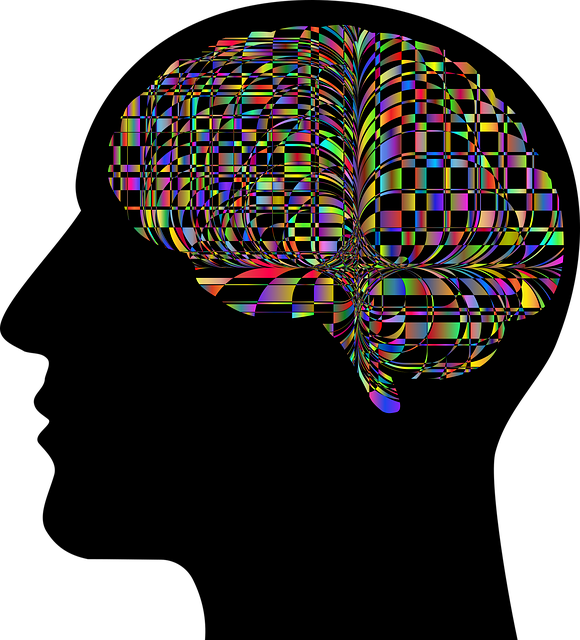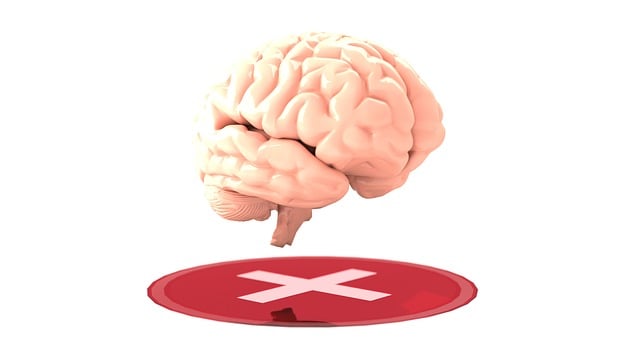Aurora Autism Spectrum Disorder (ASD) Therapy offers a holistic approach combining evidence-based principles and personalized self-care practices to empower individuals on the ASD spectrum. The program focuses on developing essential skills for mental wellness and improved quality of life, addressing sensory processing difficulties and social communication issues through structured interventions. Evaluation involves both quantitative (surveys, statistical analyses) and qualitative (interviews, case studies) methods to gain a comprehensive understanding of program effectiveness. By integrating feedback from participants and therapists, Aurora ASD Therapy continuously improves its interventions, ensuring tailored support for long-term success in neurodiverse individuals' mental wellness journeys.
“Uncovering the effectiveness of mental wellness programs requires a multifaceted evaluation approach, especially within the context of Aurora Autism Spectrum Disorder (ASD) Therapy. This article explores a comprehensive framework for assessing and improving such initiatives. We delve into various methods, from qualitative and quantitative analyses to participant-centric techniques like surveys and focus groups. Additionally, we highlight observational strategies and data tracking for behavioral insights, ensuring continuous improvement through feedback loops. By examining these evaluation methods, professionals can enhance Aurora ASD Therapy programs and positively impact client outcomes.”
- Understanding Aurora Autism Spectrum Disorder Therapy: A Framework
- Assessing Program Impact: Qualitative and Quantitative Methods
- Participant Experience: Surveys, Interviews, and Focus Groups
- Behavioral Analysis: Observational Techniques and Data Tracking
- Continuous Improvement: Feedback Loops and Adjustments in Program Design
Understanding Aurora Autism Spectrum Disorder Therapy: A Framework

Aurora Autism Spectrum Disorder (ASD) Therapy offers a comprehensive framework for understanding and addressing the unique challenges faced by individuals on the autism spectrum. This approach is centred around empowering individuals to develop essential skills that promote mental wellness and enhance their overall quality of life. The therapy leverages evidence-based mind over matter principles and incorporates various self-care practices tailored to the individual’s needs.
By implementing these strategies, the program aims to help clients manage and reduce symptoms associated with ASD, such as sensory processing difficulties and social communication challenges. Through structured interventions, individuals learn effective coping mechanisms for stress management, fostering a deeper sense of self-awareness and resilience. This holistic approach recognizes the interconnectedness of mental, emotional, and physical health, ultimately aiming to transform lives and create a more inclusive society.
Assessing Program Impact: Qualitative and Quantitative Methods

Evaluating the impact of a mental wellness program is a multifaceted process that combines both qualitative and quantitative methods. These approaches are essential to understanding how interventions like Aurora Autism Spectrum Disorder Therapy resonate with participants and measure their overall effectiveness. Quantitative methods, such as surveys and statistical analyses, provide hard data on changes in symptoms or behavioral outcomes over time. For instance, tracking improvements in anxiety levels or social interactions through structured questionnaires offers concrete evidence of program success.
Qualitative techniques, including interviews, focus groups, and case studies, delve deeper into participants’ experiences. They reveal personal narratives, emotional shifts, and insights that quantitative methods might miss. These qualitative data are invaluable for understanding the mechanisms behind positive changes and identifying areas where programs can be enhanced. Incorporating self-awareness exercises within these qualitative assessments allows individuals to articulate their feelings and reflect on their journey, offering a holistic view of mental wellness program impact.
Participant Experience: Surveys, Interviews, and Focus Groups

Understanding participant experiences is a pivotal aspect of evaluating any mental wellness program, especially those tailored for individuals with Aurora Autism Spectrum Disorder (ASD). Surveys offer a structured approach to gather quantitative data, allowing for the measurement of program effectiveness and satisfaction levels. These tools can identify key areas of improvement and track progress over time.
Complementing surveys are in-depth interviews and focus groups, providing qualitative insights into participants’ journeys. This method facilitates open dialogue, encouraging individuals to share personal experiences, challenges faced, and perceived benefits. By incorporating these diverse perspectives, mental wellness programs, such as community outreach initiatives, can be refined to better address depression prevention or burnout prevention strategies for healthcare providers involved in ASD care, ultimately enhancing their impact and accessibility.
Behavioral Analysis: Observational Techniques and Data Tracking

Behavioral Analysis plays a pivotal role in evaluating mental wellness programs, especially when tailored for individuals with conditions like Aurora Autism Spectrum Disorder (ASD). Observational techniques are powerful tools to assess progress and understand client behaviors within therapeutic settings. Therapists can meticulously document and track various aspects of a client’s journey, from social interactions and communication patterns to emotional responses and adaptive behaviors. This qualitative data provides rich insights into the effectiveness of the program.
For instance, in Aurora ASD therapy, tracking behavioral changes through structured observations can reveal improvements in mindfulness meditation practices and empathy-building strategies. By analyzing these observations over time, mental health professionals can refine their approach, ensuring tailored interventions that address specific challenges faced by clients with ASD. Additionally, effective risk management planning becomes more accessible when grounded in robust behavioral analysis, enabling professionals to anticipate and mitigate potential risks associated with the therapy process.
Continuous Improvement: Feedback Loops and Adjustments in Program Design

At Aurora Autism Spectrum Disorder Therapy, we recognize that mental wellness programs must evolve to meet the changing needs of individuals and communities. Continuous improvement is a cornerstone of our approach, ensuring that our interventions remain effective and relevant. Feedback loops are intricately woven into program design, allowing for regular adjustments based on client outcomes and evolving research. This iterative process involves soliciting input from both participants and therapists, fostering an environment where learning and growth are continuous.
Through these feedback mechanisms, we identify areas for enhancement, whether it’s refining coping skills development strategies or adapting our mental health awareness programs to address emerging challenges. By embracing this dynamic model, Aurora fosters the inner strength development necessary for long-term success. This commitment to adaptation ensures that our programs not only keep pace with best practices but also anticipate and navigate the complexities of neurodiverse individuals’ unique journeys towards mental wellness.
The evaluation of mental wellness programs, such as Aurora Autism Spectrum Disorder Therapy, is a multifaceted process that leverages both qualitative and quantitative methods. By combining participant experiences through surveys, interviews, and focus groups with behavioral analyses using observational techniques and data tracking, program designers can gain deep insights into the impact of their initiatives. This comprehensive approach, emphasized by continuous improvement cycles incorporating feedback loops and adjustments in program design, ensures that mental wellness programs remain effective, adaptive, and aligned with the evolving needs of participants. Incorporating these evaluation methods allows for the refinement of Aurora Autism Spectrum Disorder Therapy frameworks, ultimately enhancing their ability to foster positive outcomes and transform lives.











